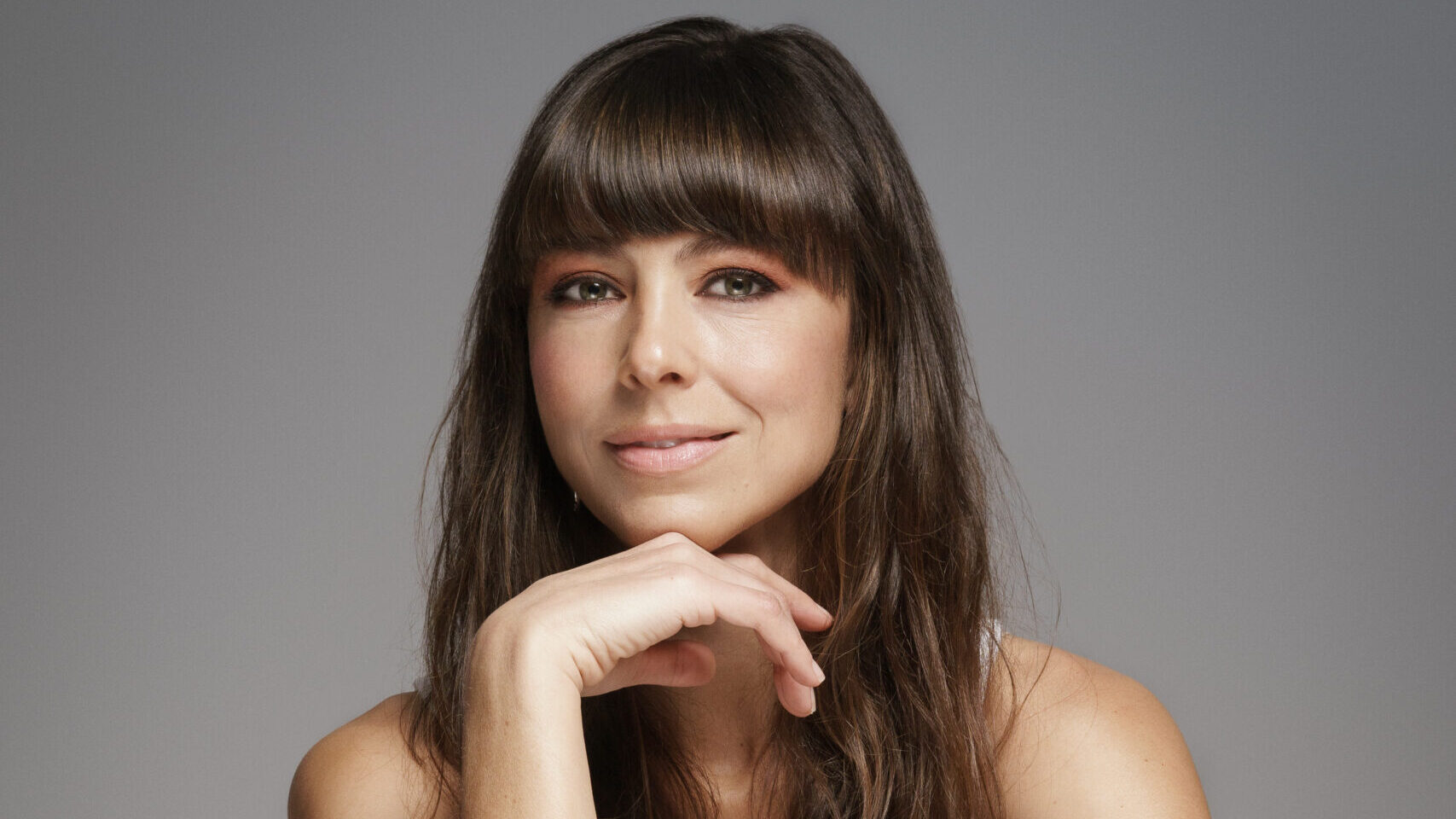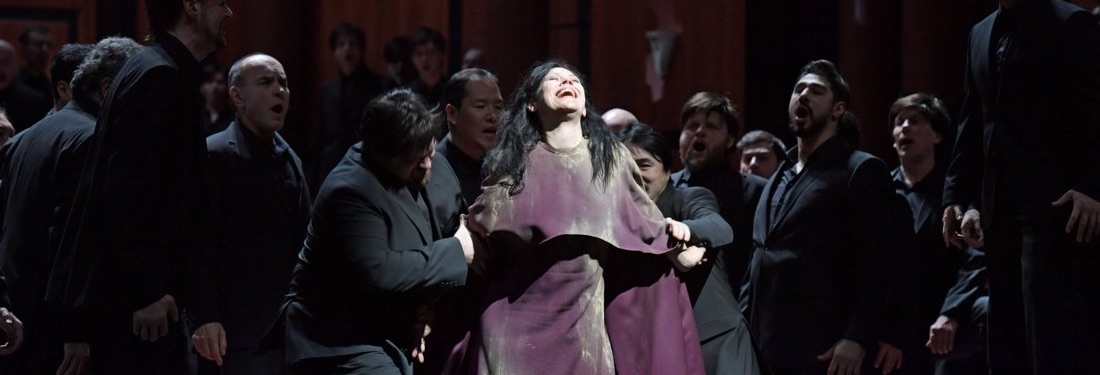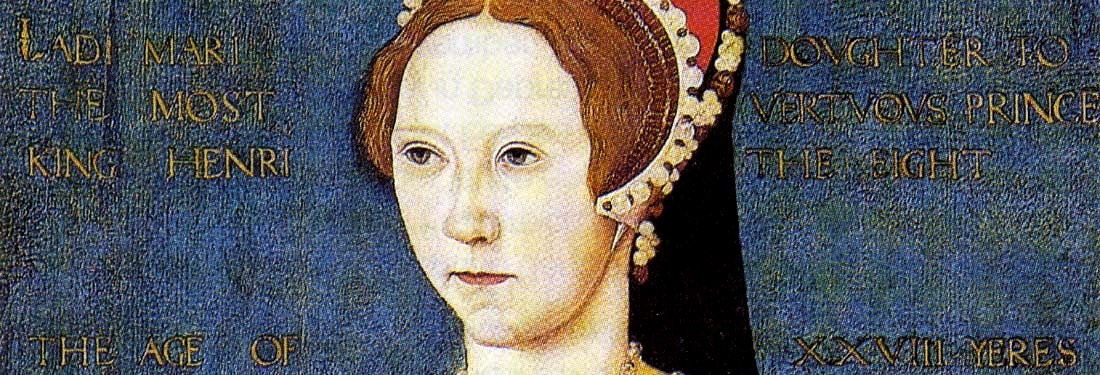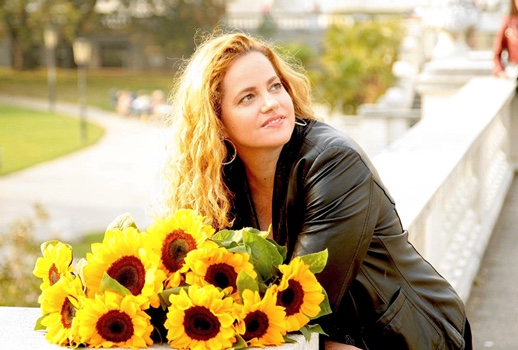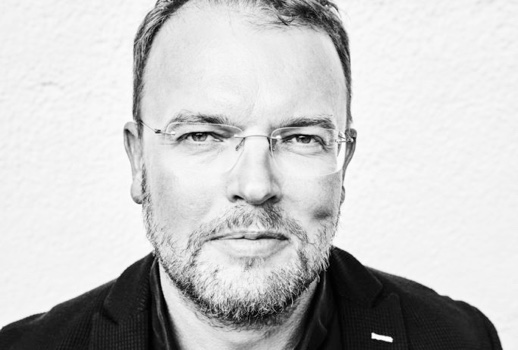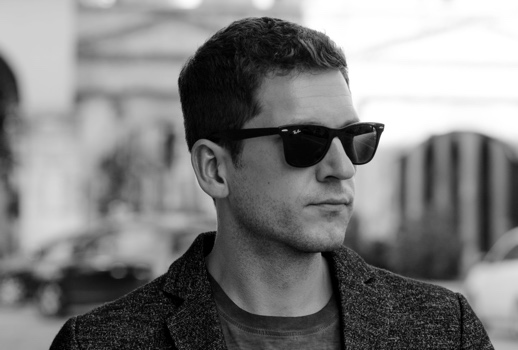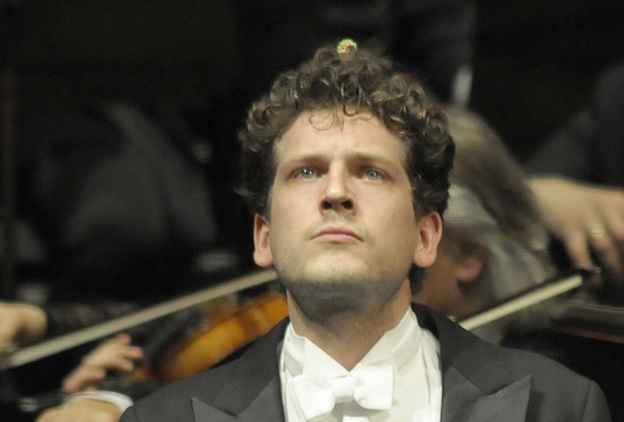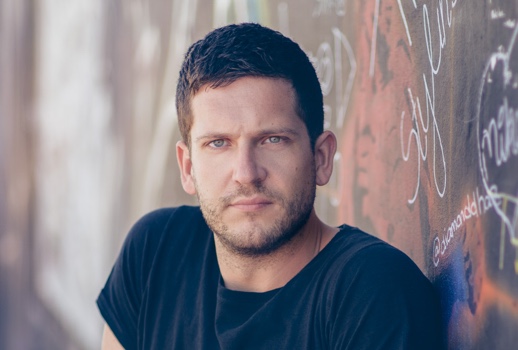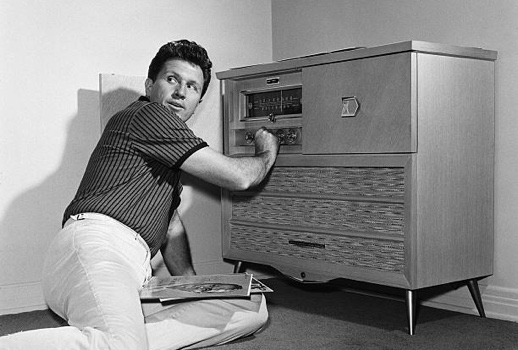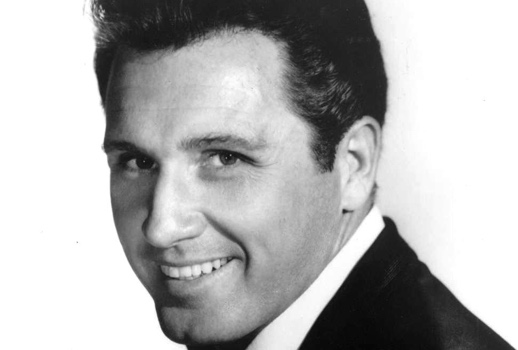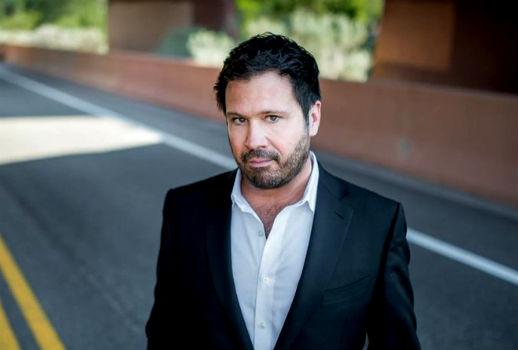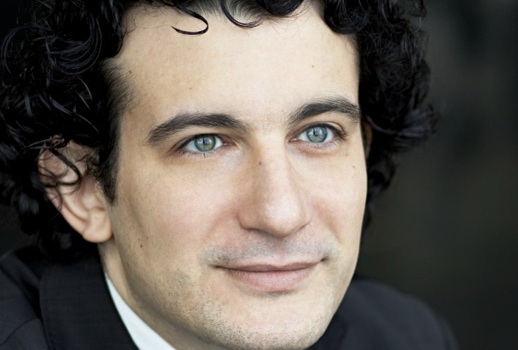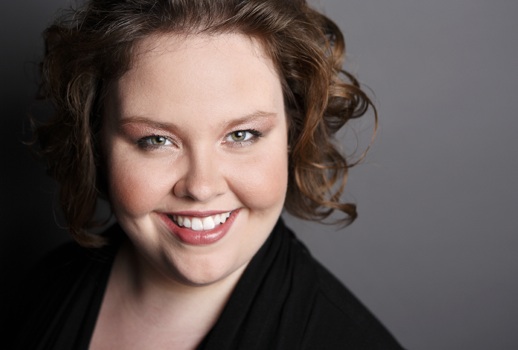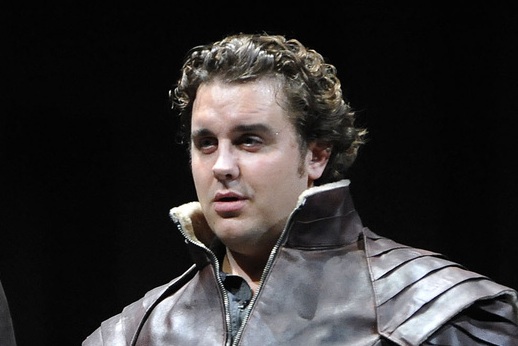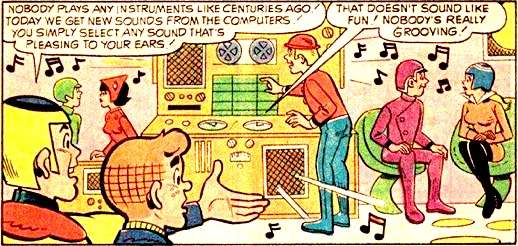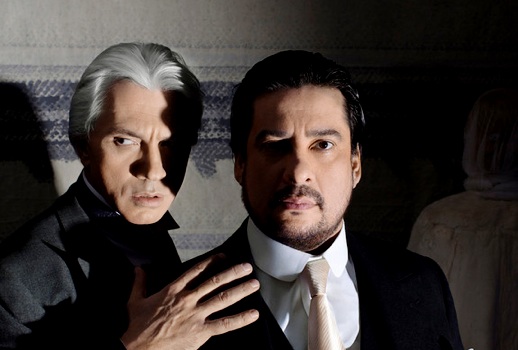
Ahead of her return to the Met, soprano Corinne Winters chats with Kevin Ng about her repertoire, overcoming biases about her voice type, and how she plans to play “energetic, young women” as long as she can.
Before rehearsals for Madama Butterfly started, Phil Chan sat down with the box to chat about his production, opera’s cultural appropriation problem, and why the last thing he’s trying to do is cancel Puccini.
From Christian martyrs to naughty fairies, Teatro Nuovo will explore the tragic and comic sides of 19th century Italian Opera.
Ghost sex is part of the popular zeitgeist.
New York Times Classical Music Editor Zachary Woolfe (pictured) joins #KikiKonversations with Karen Slack.
The first part of a chat with the dramatic mezzo-soprano.
A conversation with maestro Gil Rose of Odyssey Opera.
The musical director of the Opera Royal de Wallonie at Liege is currently experiencing the early phase of a promising international career in music.
In this recital, the Polish bass-baritone Tomasz Konieczny and his pianist Lech Napierala present the world premiere recording of Stanislaw Baranczak‘s Podróz Zimowa (Winter’s Journey), which weds the poet’s meticulously crafted poetry to the music of Franz Schubert.
Next Marko Mimica discussed which music “reached” him most and how he regards expressing himself in various languages.
Next, I asked Marko Mimica which basses he prefers to listen to on recordings.
In Bellini’s opera Norma, the “padre” role of Oroveso, it may be safely said, is “undistinguished”—dull and conventional. The bass entrusted with the role usually will engender two reactions: more frequently than not, “Cut this boring music,” and rather more rarely: “What a pity Oroveso doesn’t have more music.”
How did you first grow interested in singing?
Never in my wildest dreams did I imagine I would be having lengthy telephone conversations with John Raitt.
Mezzo Rinat Shaham takes a short break from being the world’s busiest Carmen and rehearsing for the theatrical concert “The Sorrows of Young Werther” to dish with your doyenne.
Fifteen years after his first parterre box interview, that criterion of countertenors David Daniels speaks of Oscar Wilde, Marilyn Horne, marriage and political art.
Our Own Poison Ivy interviews conductor Alain Altinoglu over at her own blog, Poison Ivy’s Wall of Text.

